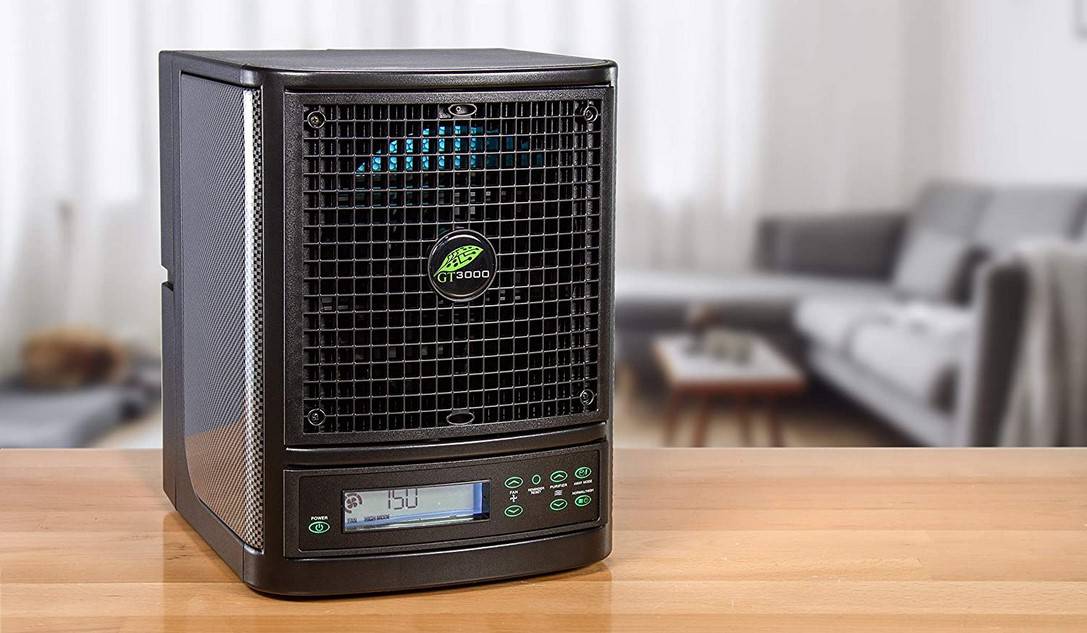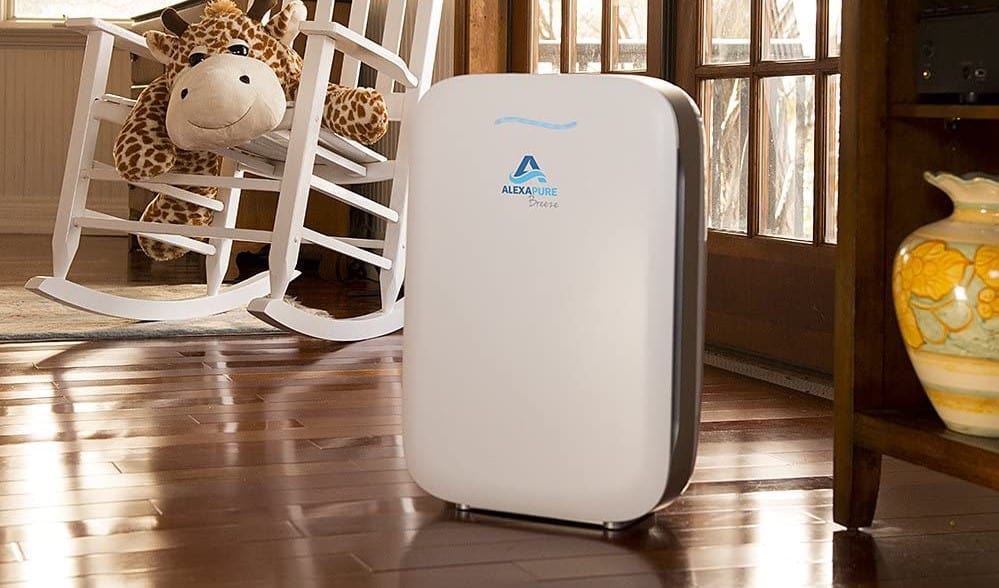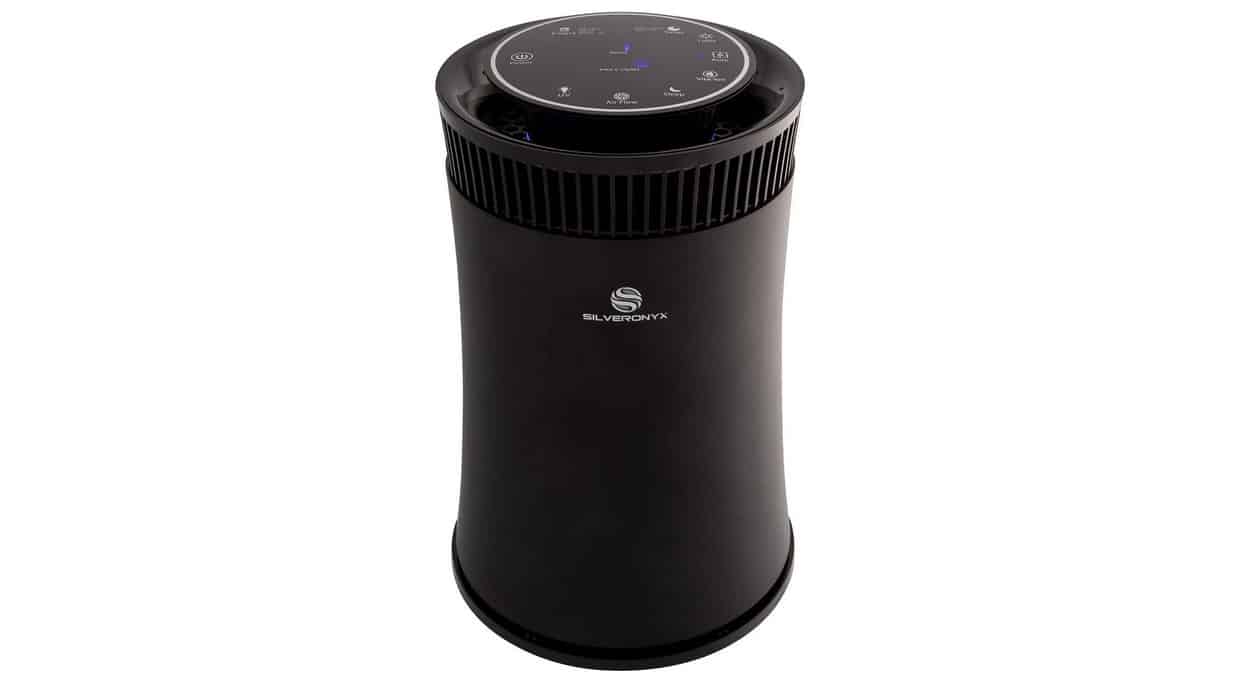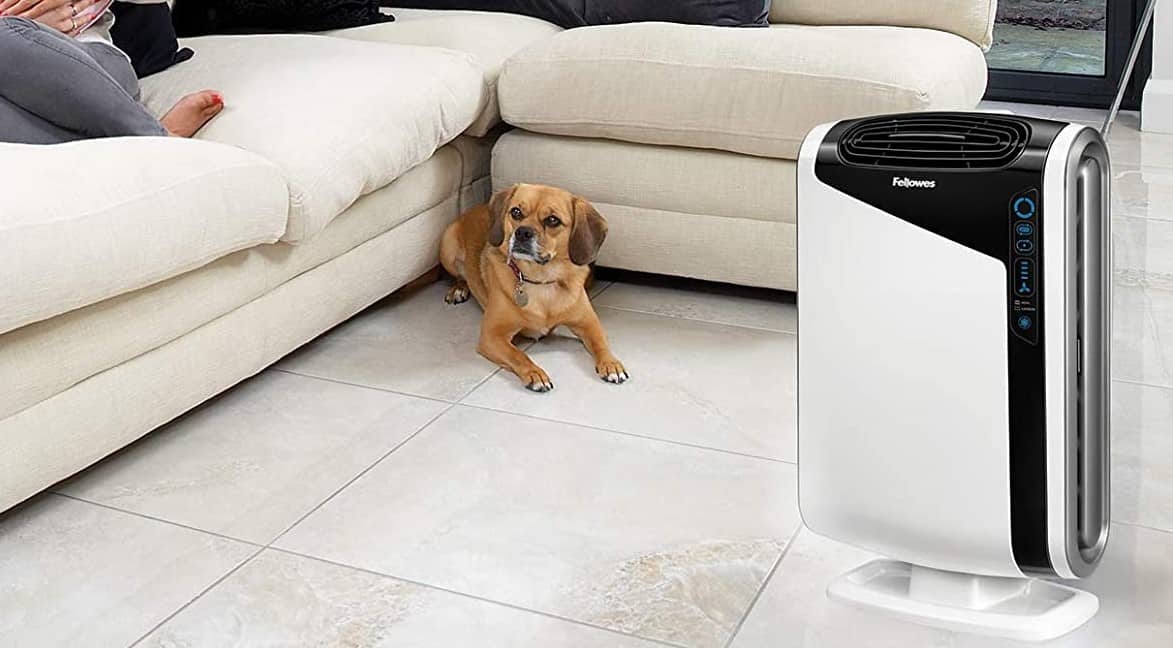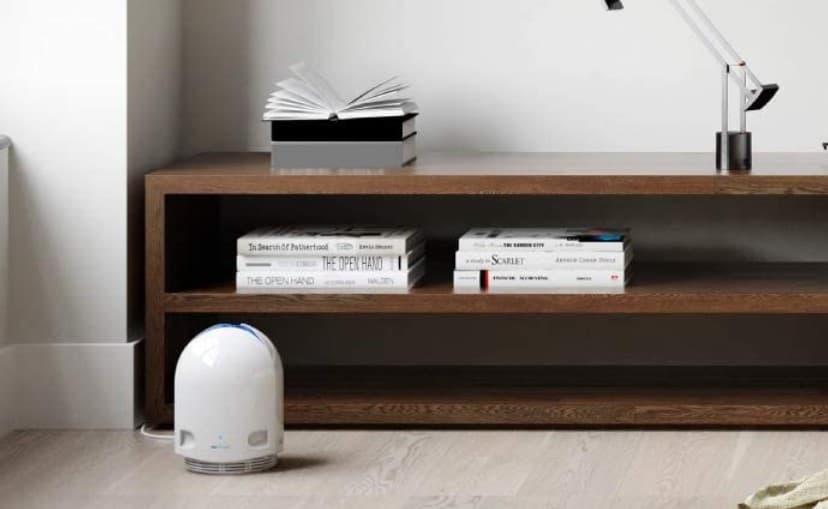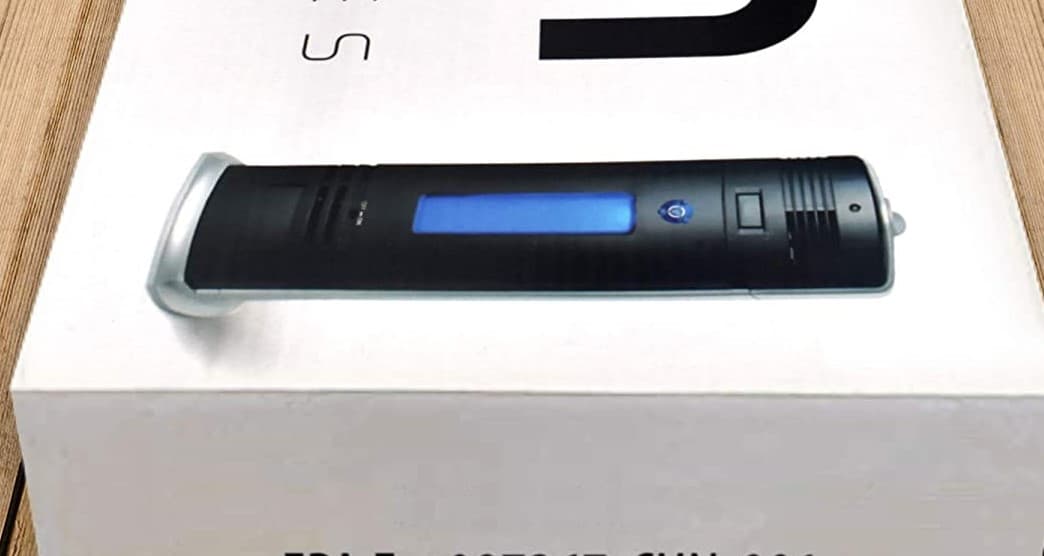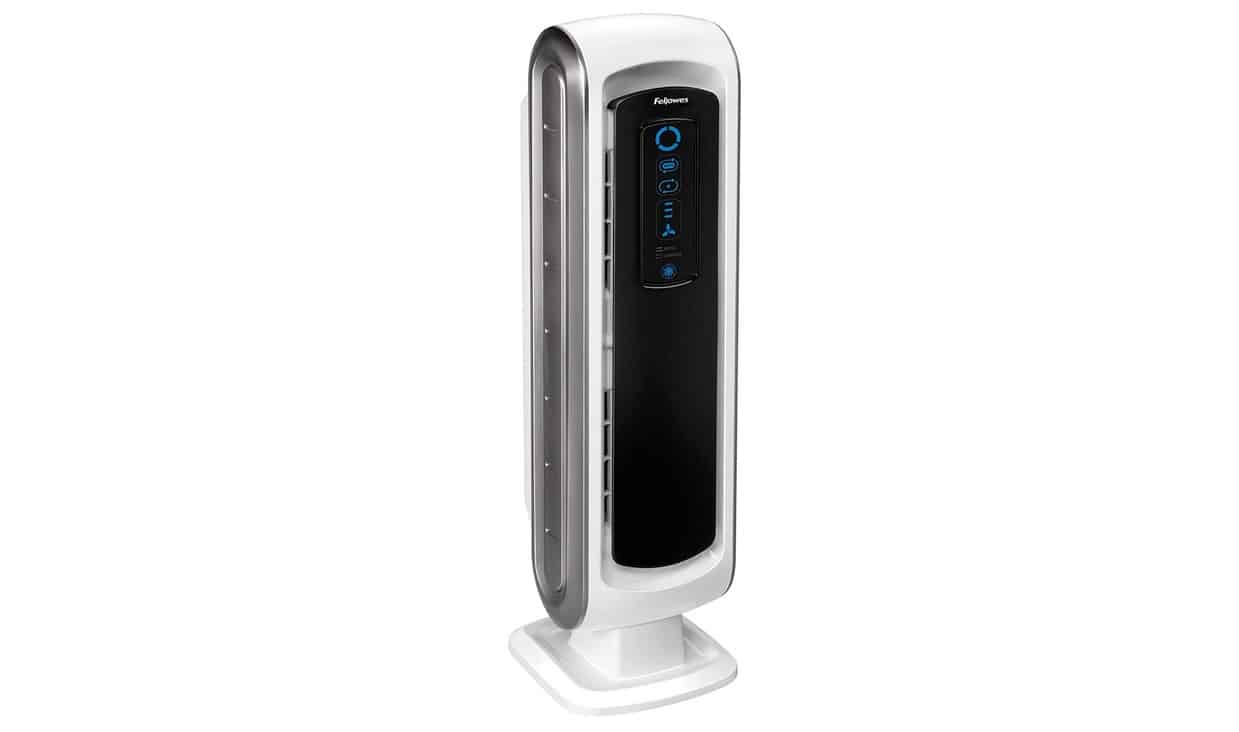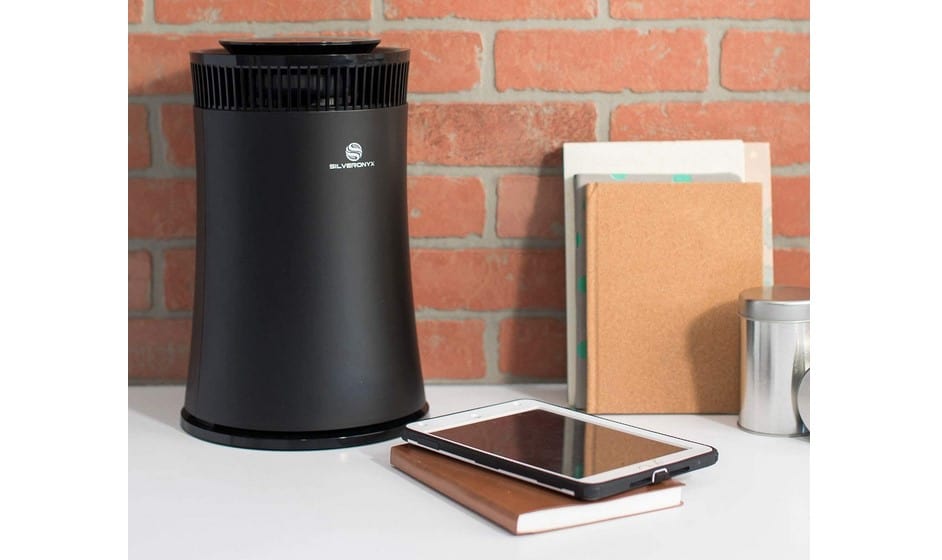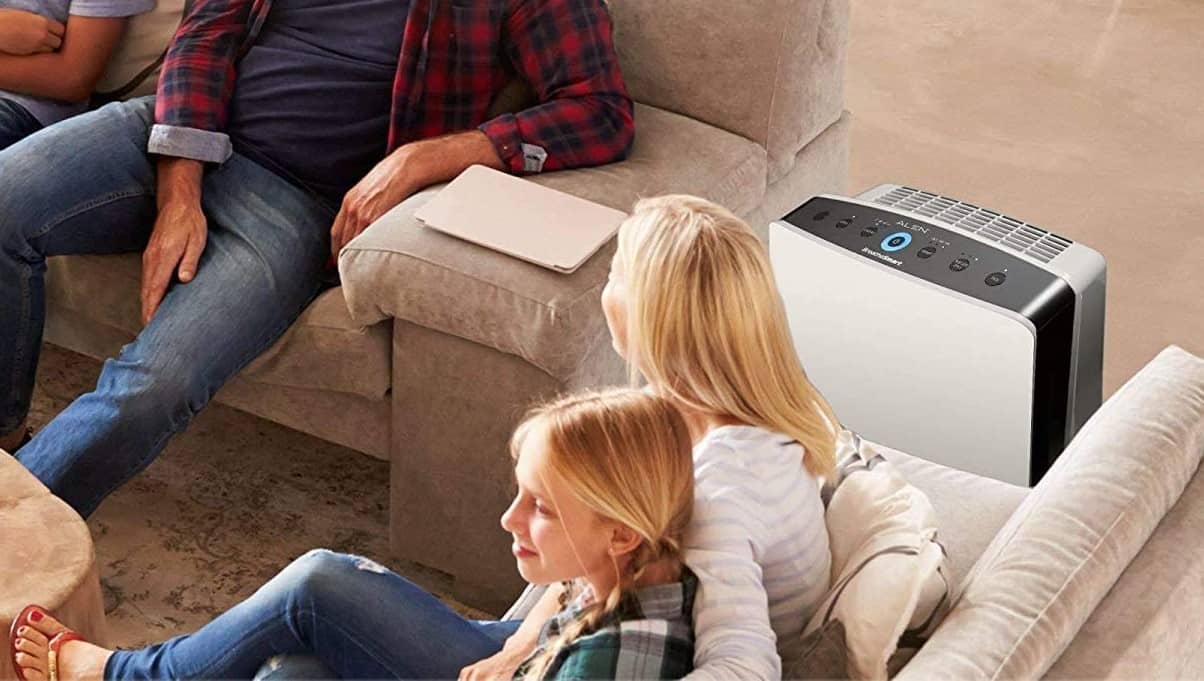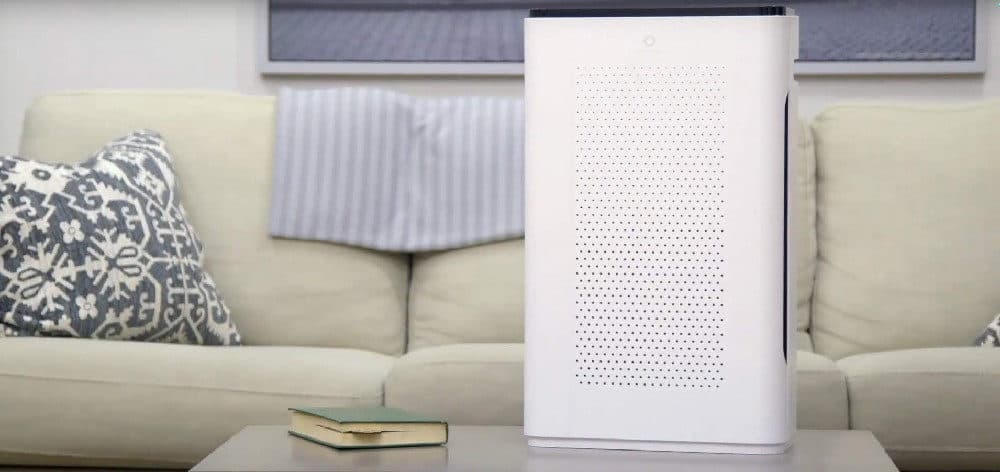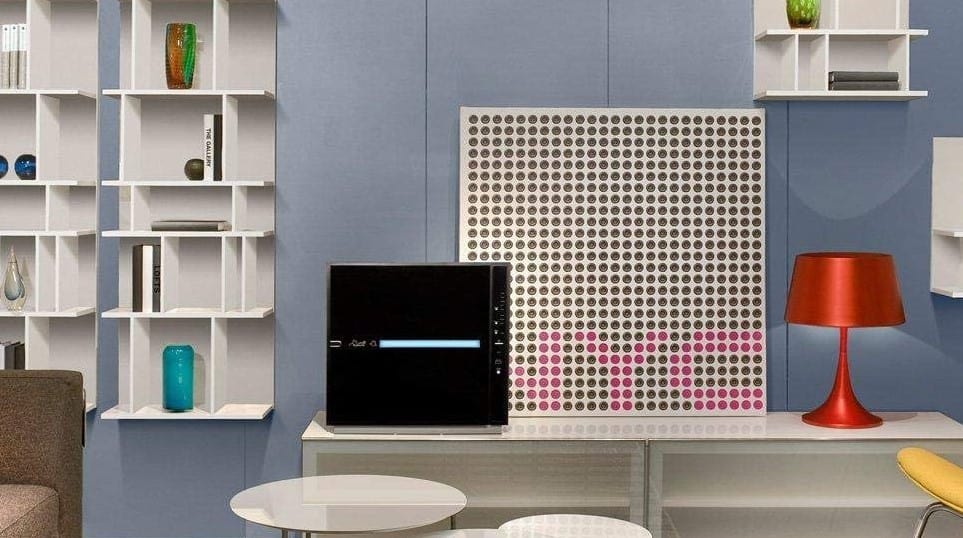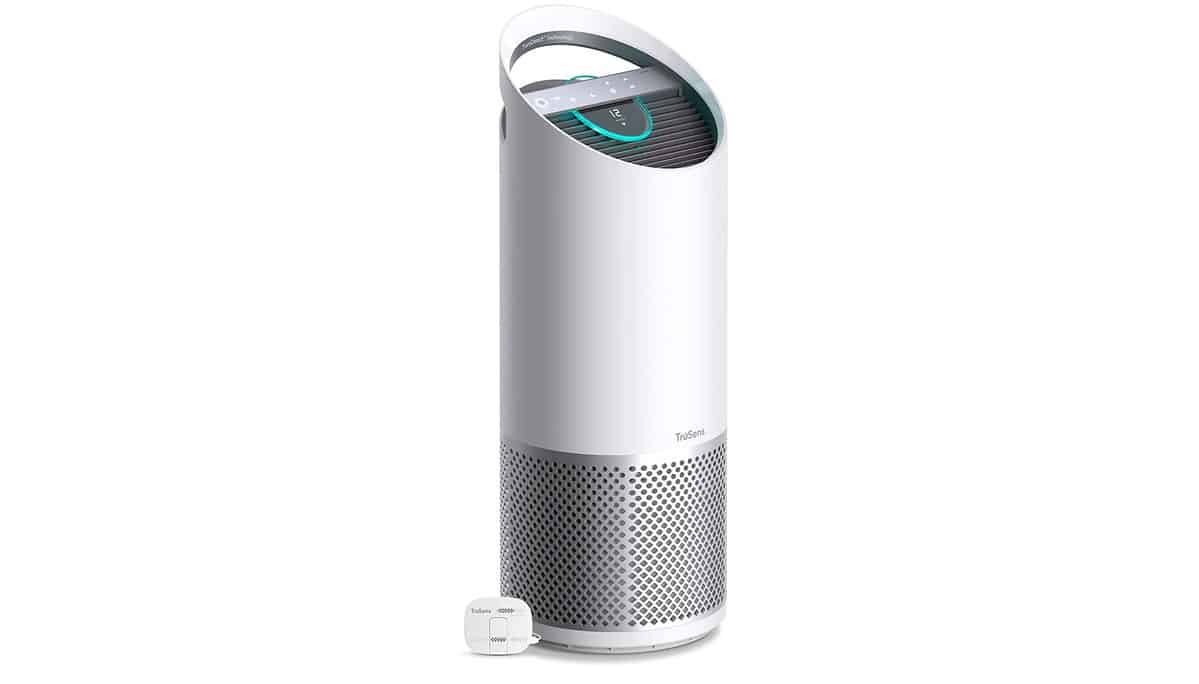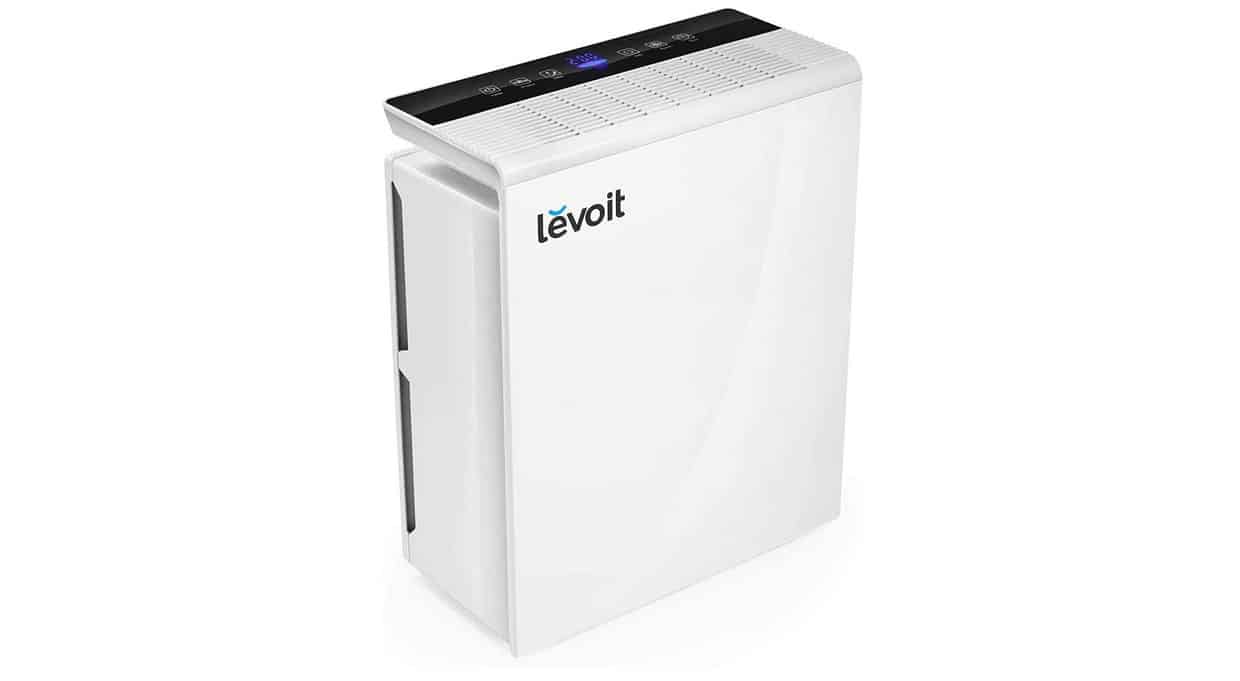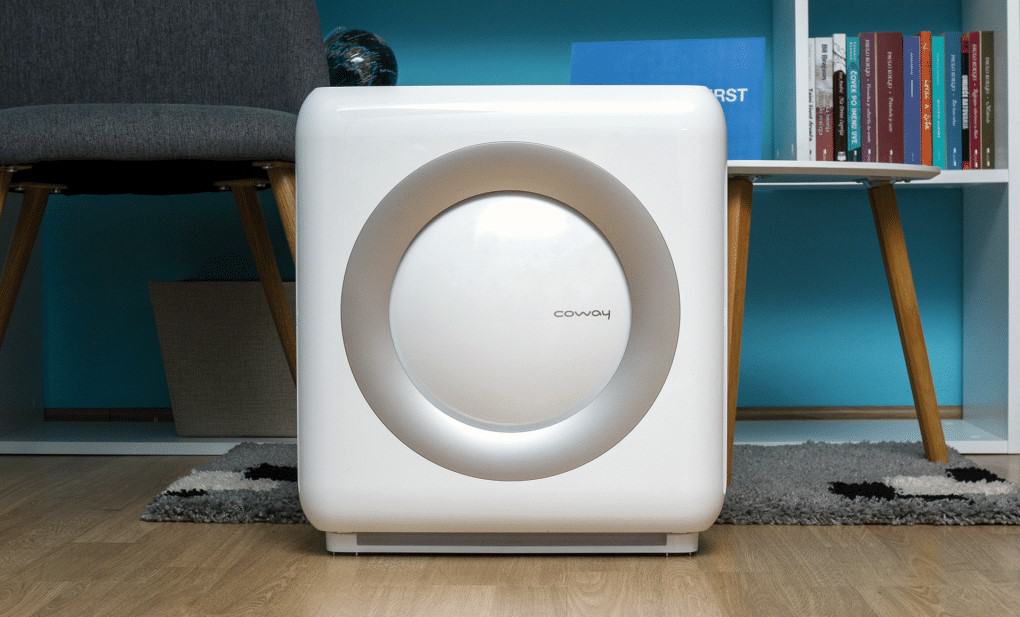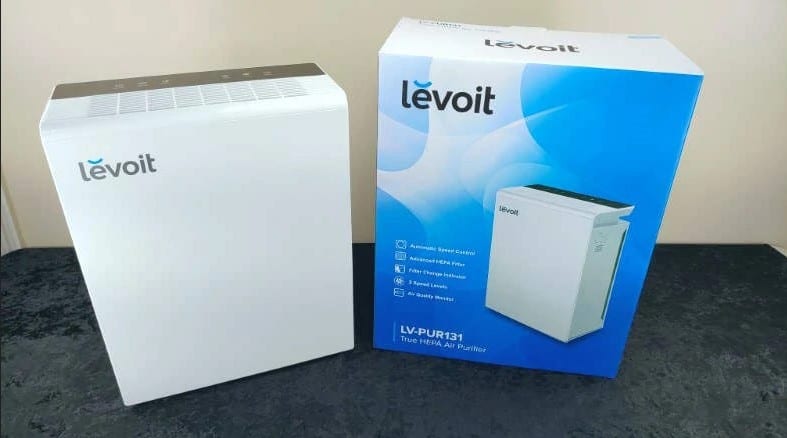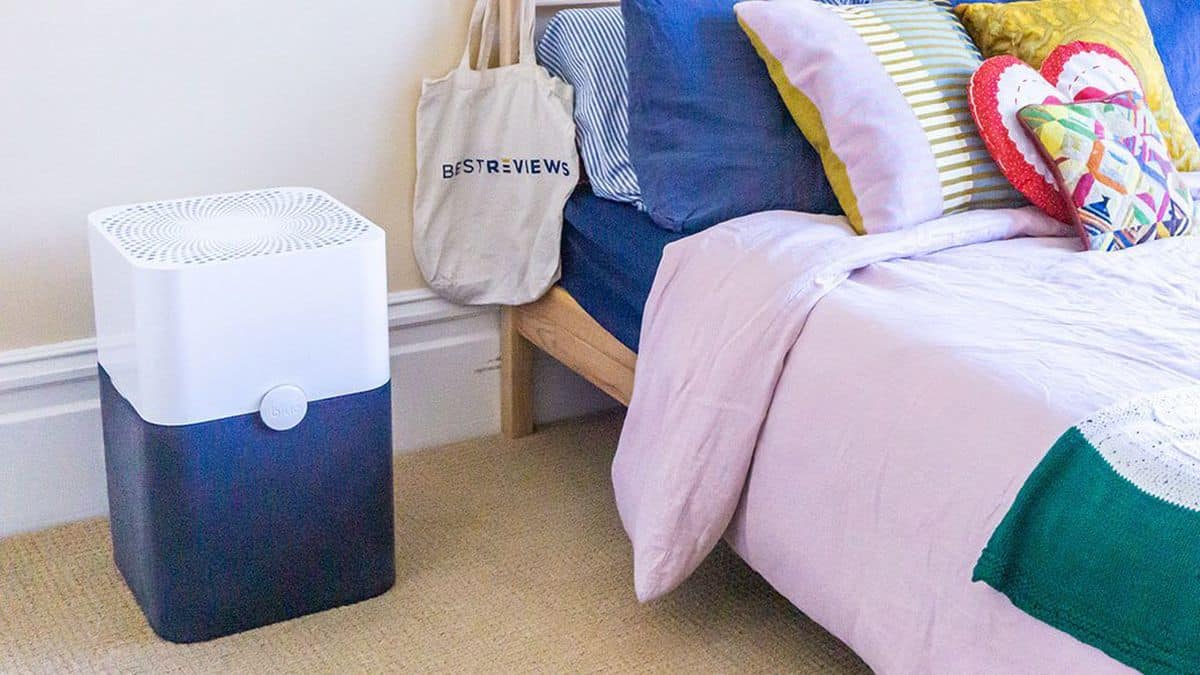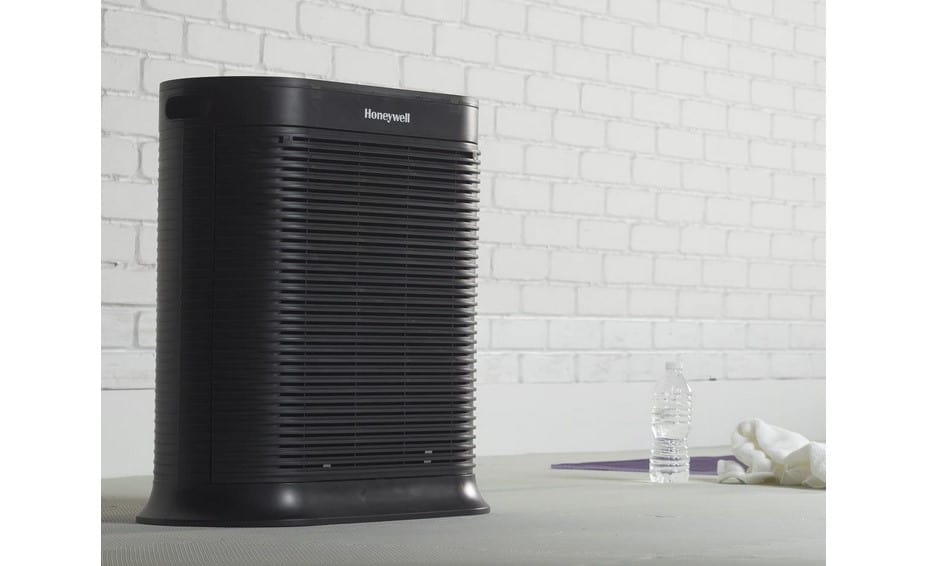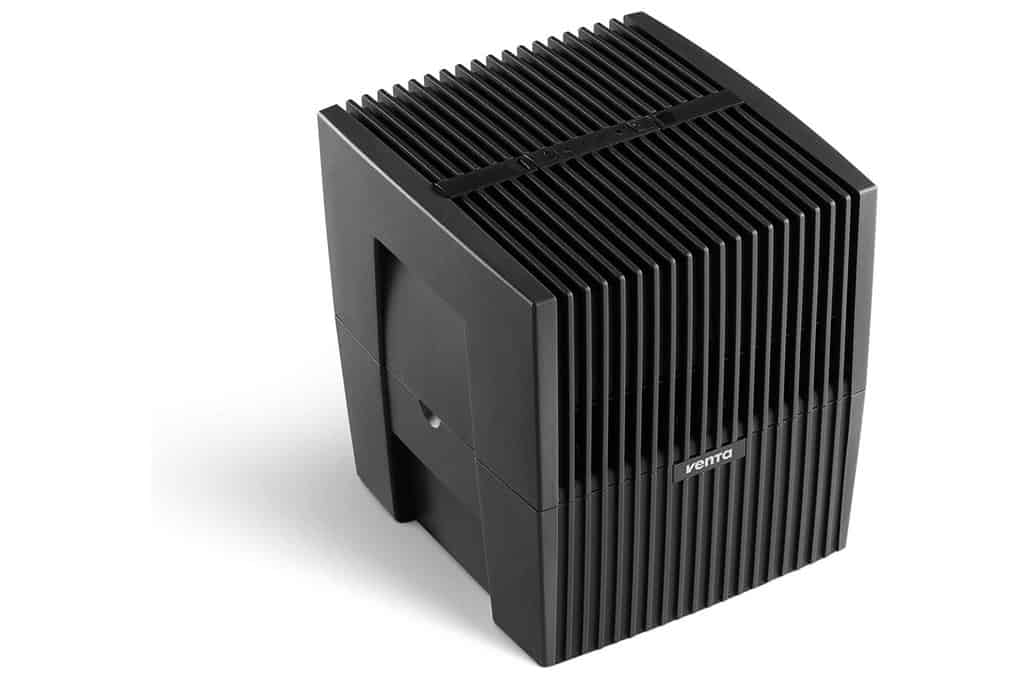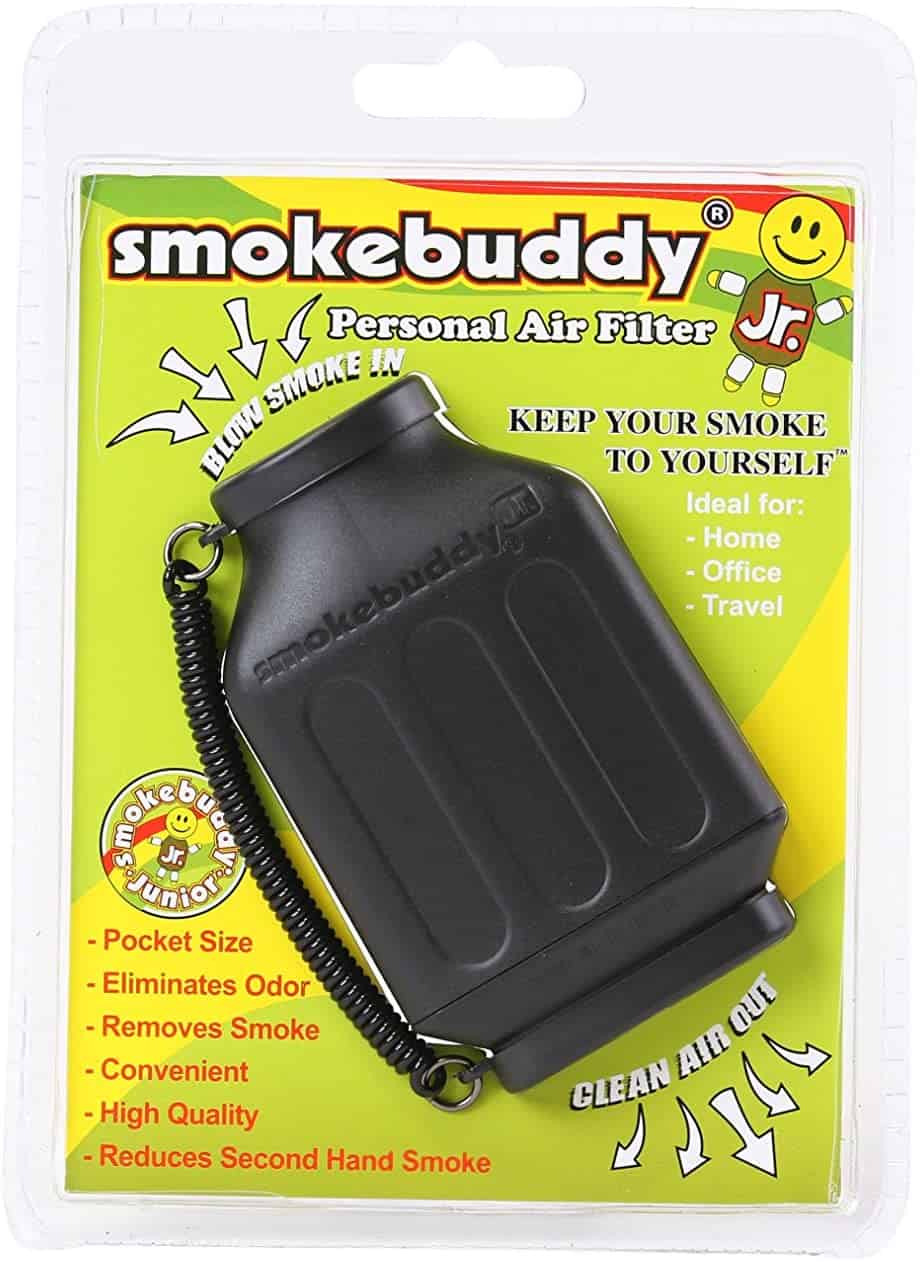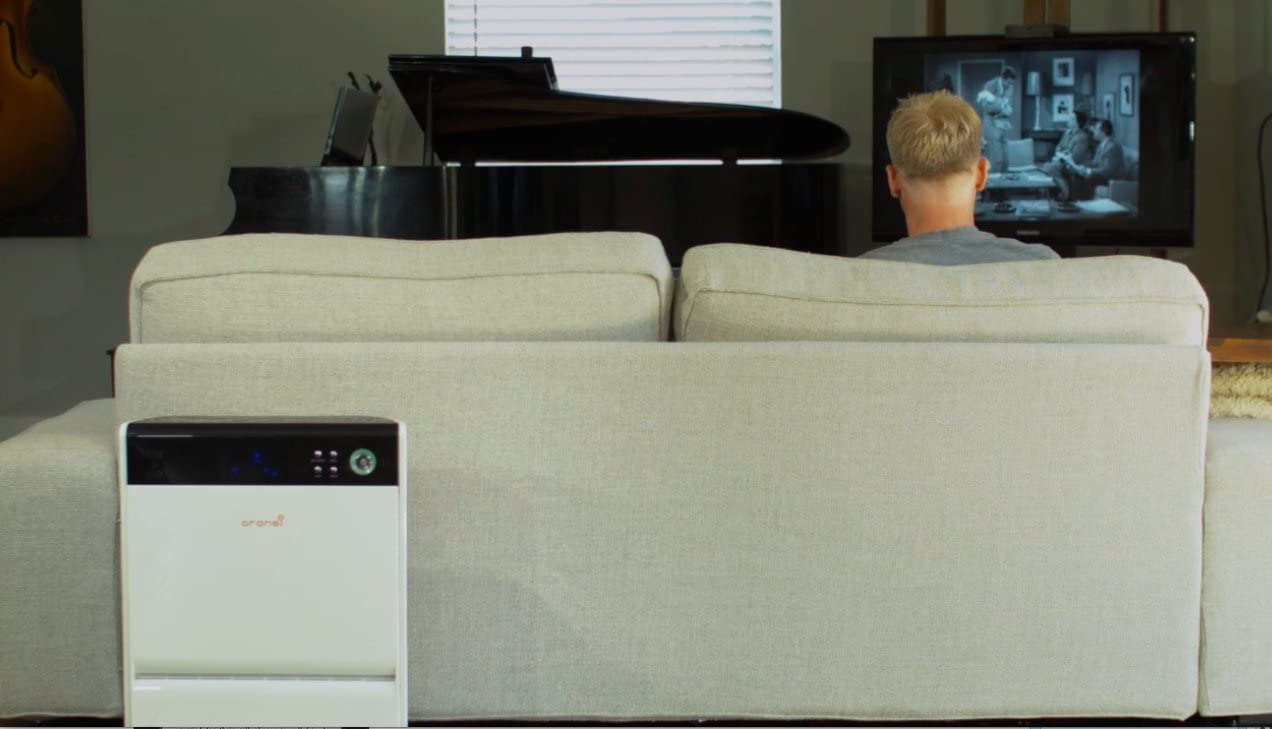If you are thinking of purchasing a highly-recommended air purifier, there is one question you may be asking yourself. Are air purifiers harmful? Read on for some answers and data points.
KEY TAKEAWAYS:
- Air purifiers are generally considered to be safe, despite warnings to the contrary.
- There is one type of air purifier that can cause some health issues and should be avoided: ozone generators.
- To make sure your air purifier is adding healthy air to your living area, clean or replace the air filters according to the manufacturer’s instructions.
What Do Air Purifiers Do?
Before you understand the potential risks of an air purifier, it is important to learn how they work and what they do. Air purifiers operate by sucking air from the room into the unit itself, where this air is run through a series of filters or related filtration techniques. Purified air is then gently released back into the living area. On its face, the way an air purifier works cannot be harmful, right? Well, there are some conflicting theories, and air purifiers really help sometimes. For example, If you work in a place that is exposed to volatile organic compounds either from paints or cleaning agents, you might need an air purifier to eliminate these harmful compounds from your air.
Insider Tip
Air purifiers operate by sucking air from the room into the unit itself, where this air is run through a series of filters or related filtration techniques.
Are Air Purifiers Harmful?
When an air purifier is marked as harmful or dangerous, it is typically for several very specific reasons, some of which will be detailed below. But first, there are certain things on these devices that you should monitor. For instance, you should know what a red light means on an air purifier, and what can happen when the air filter is too dirty. And, importantly, should an air purifier run all the time or only when you’re at home?
Ozone Creation
There has been a whole lot of fretting over an air purifier’s propensity to create unnecessary ozone particles during use. While yes, there is a type of air purifier that uses ozone generation as its primary method to destroy polluted air particles, this practice is relatively uncommon. If you are fearful of excess ozone being released into your living space, simply avoid air purifiers that use ozone generation as a primary method of purifying. Standard air purifiers, such as those equipped with a HEPA filter, produce a minuscule amount of ozone that is in line with any other household appliance. In other words, you will be safe.
Polluted Air Due to Dirty Filters
There has also been some worry over dirty or clogged filters adding to a room’s air pollution instead of purifying it. This is actually true, as air is pulled into a purifier with a clogged filter will not be cleaned and may actually pick up some of the dirty particles that have been attached to the filter. However, there is an easy fix. Follow the manufacturer’s instructions regarding the proper cleaning and maintenance of air filters.
In general, you should remove and dispose of a HEPA filter every six months to a year. Be sure to replace it with a compatible model. As for reusable filters, such as electrostatic air filters, you should perform the cleaning process once every month. This will ensure no pollutants are being added to your room.
You should also take interest in what air purifier will take out some radon. Radon is a common air pollutant that is a leading cause of lung cancer. That said, having an air purifier that can clean N95 particles can also eliminate exposure to other pollutants that may cause cancer.
Insider Tip
There is a type of air purifier that uses ozone generation as its primary method to destroy polluted air particles, this practice is relatively uncommon.
F.A.Q.
What are the adverse health effects of exposure to ozone?
Ozone particles can be breathed in and irritate and inflame the respiratory system. This could worsen the symptoms of asthma and related conditions. These effects could be worse for children and the elderly
If it’s so dangerous, why would any company sell purifiers that use ozone?
Weird, right? Companies can sell these ozone generators by skirting FDA laws. In other words, as long as they don’t make any specific health claims, there is nothing regulatory agencies can do about it.
What does a HEPA filter do?
HEPA filters are pleated and multi-tiered objects that capture small particles, such as dust, bacteria, and allergens. These particles are trapped until they die or are thrown away with the filter.
STAT: According to Wikipedia, HEPA filtration has been around since 1963 by brothers Manfred and Klaus Hammes in Germany. (source)
REFERENCES:
- https://en.wikipedia.org/wiki/Digital_cinematography
- https://en.wikipedia.org/wiki/Digital_camera
- https://www.wikihow.com/Take-a-Picture-with-a-Digital-Camerar
- https://ptgmedia.pearsoncmg.com/images/9780321812803/samplepages/0321812808.pdf
- https://webnew.ped.state.nm.us/wp-content/uploads/2019/01/Basic-Film-Photography.pdf

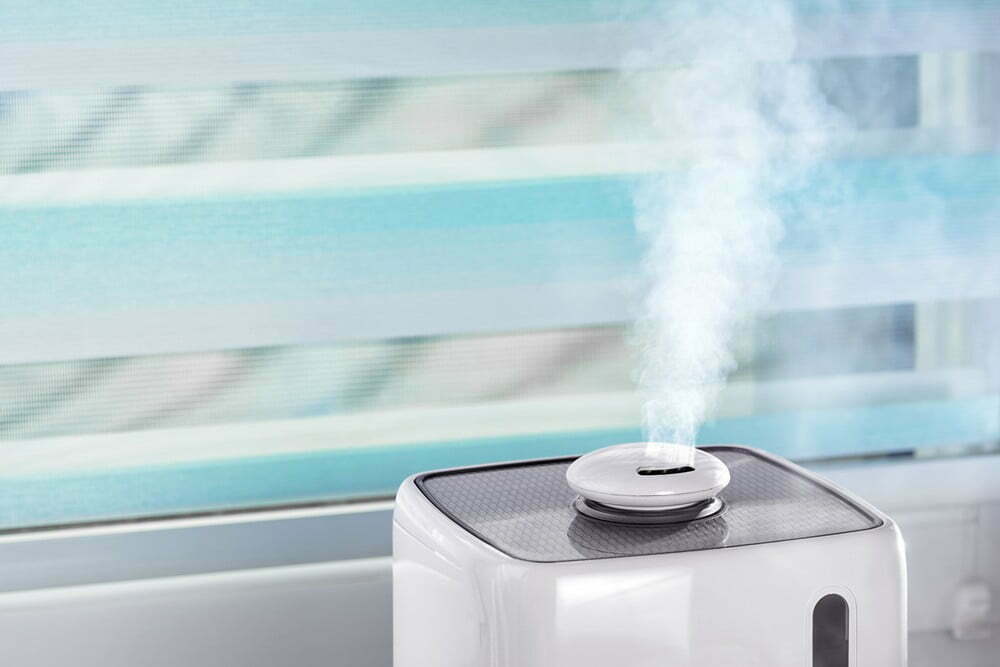













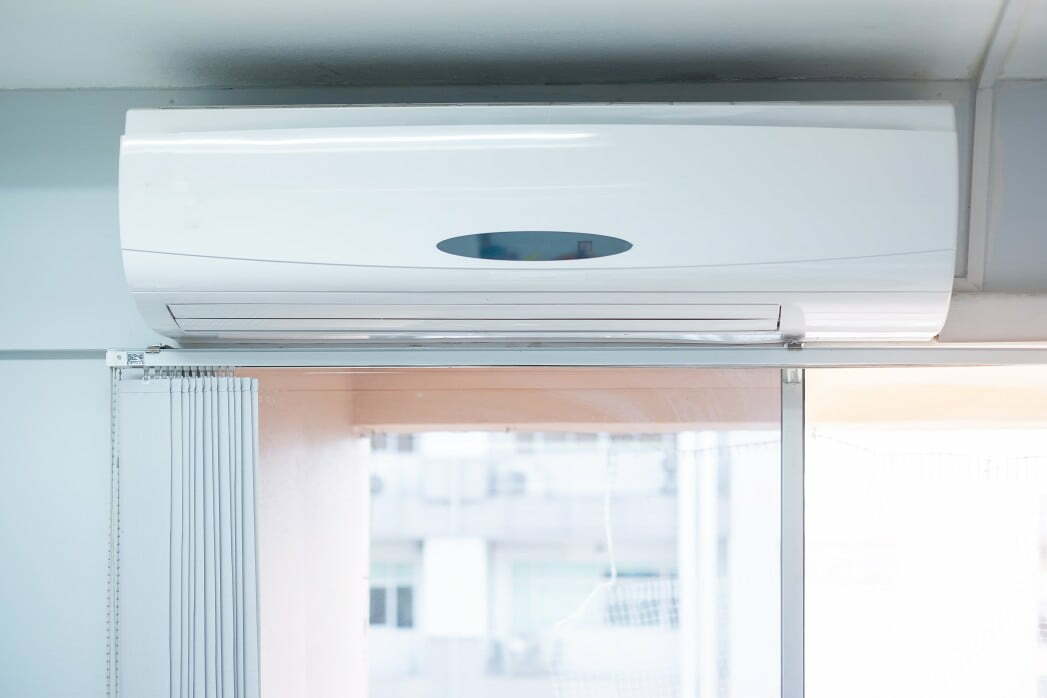
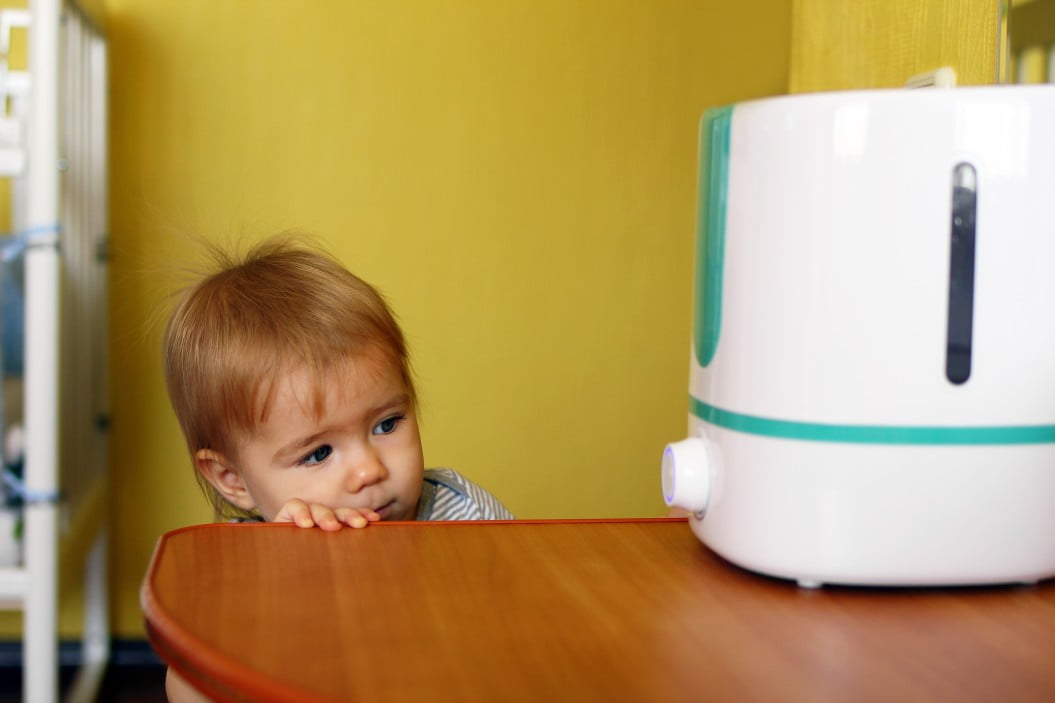
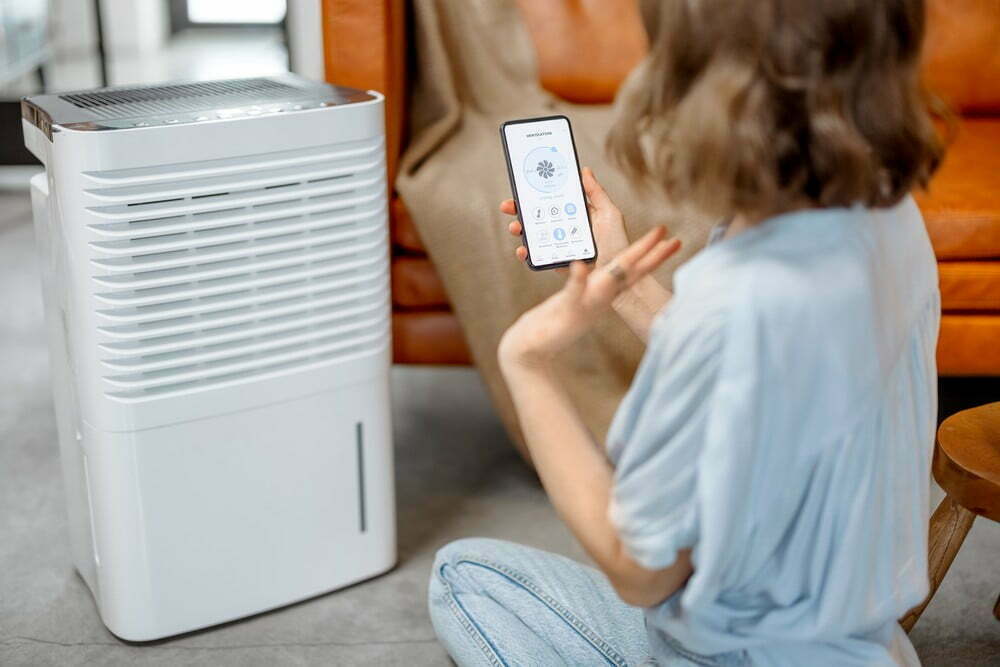
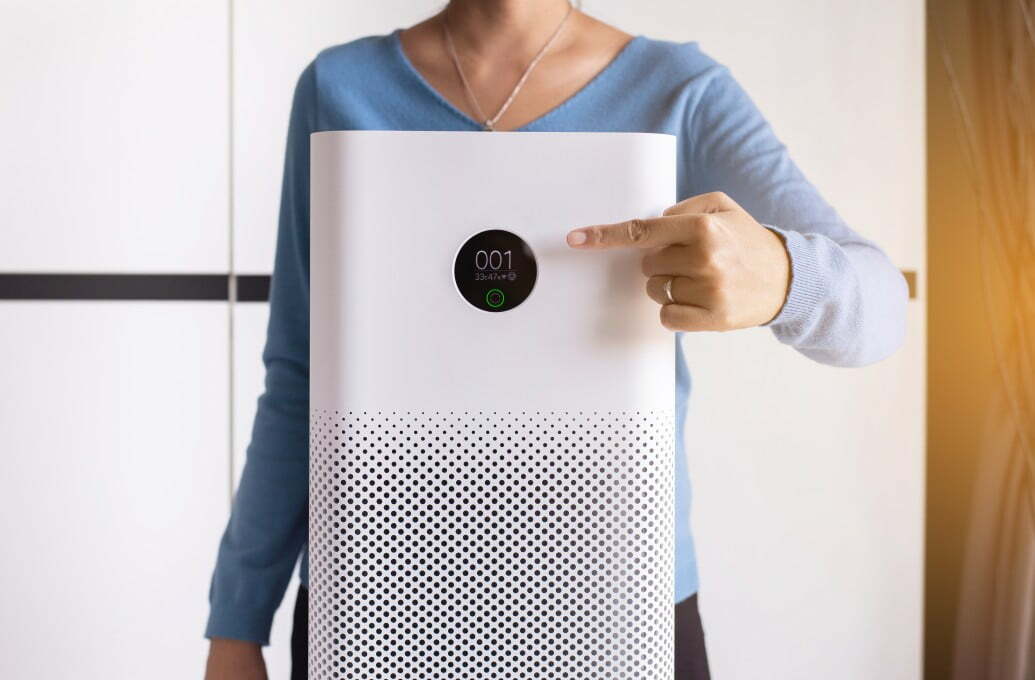
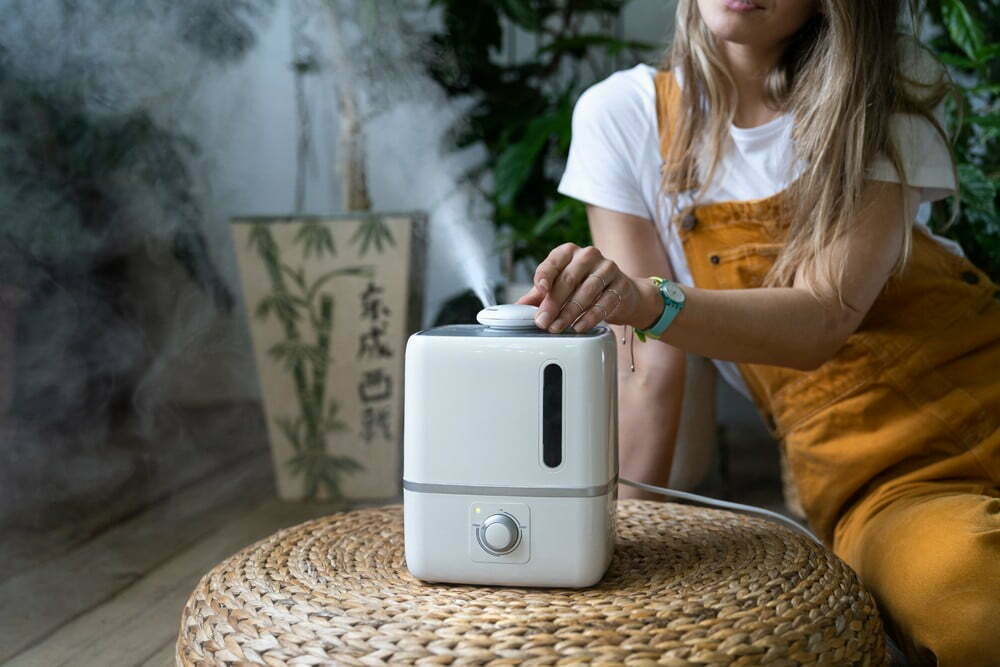
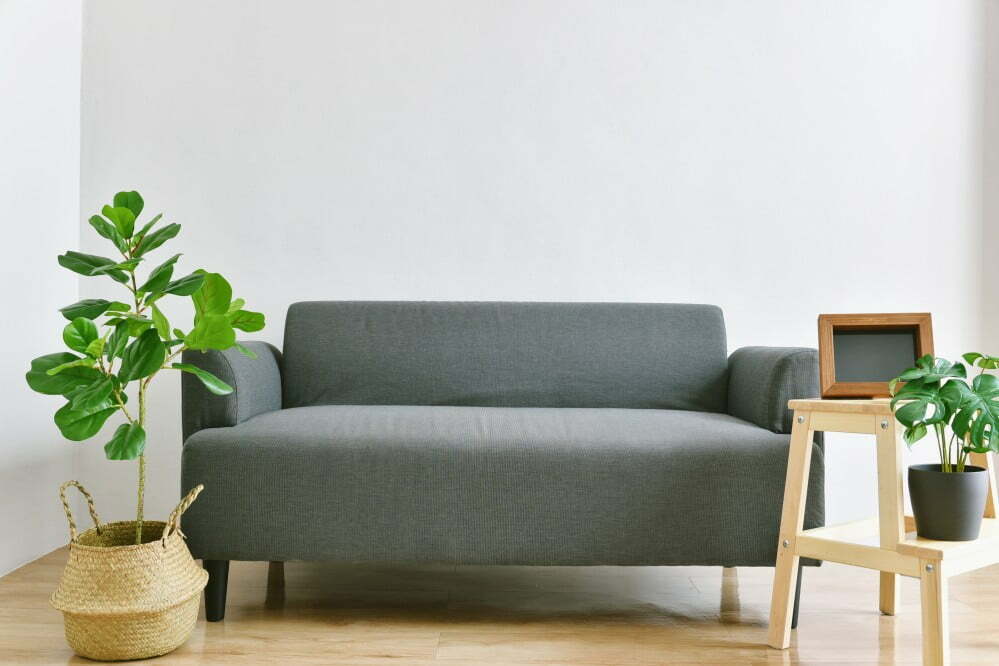

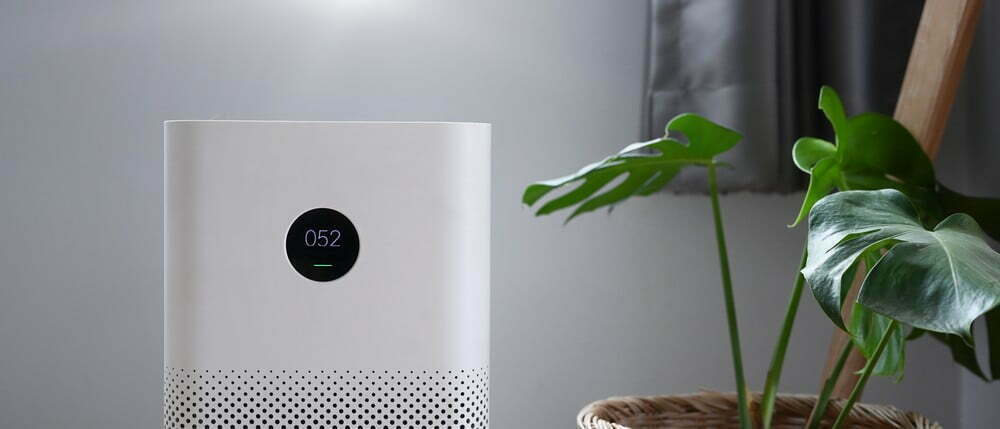
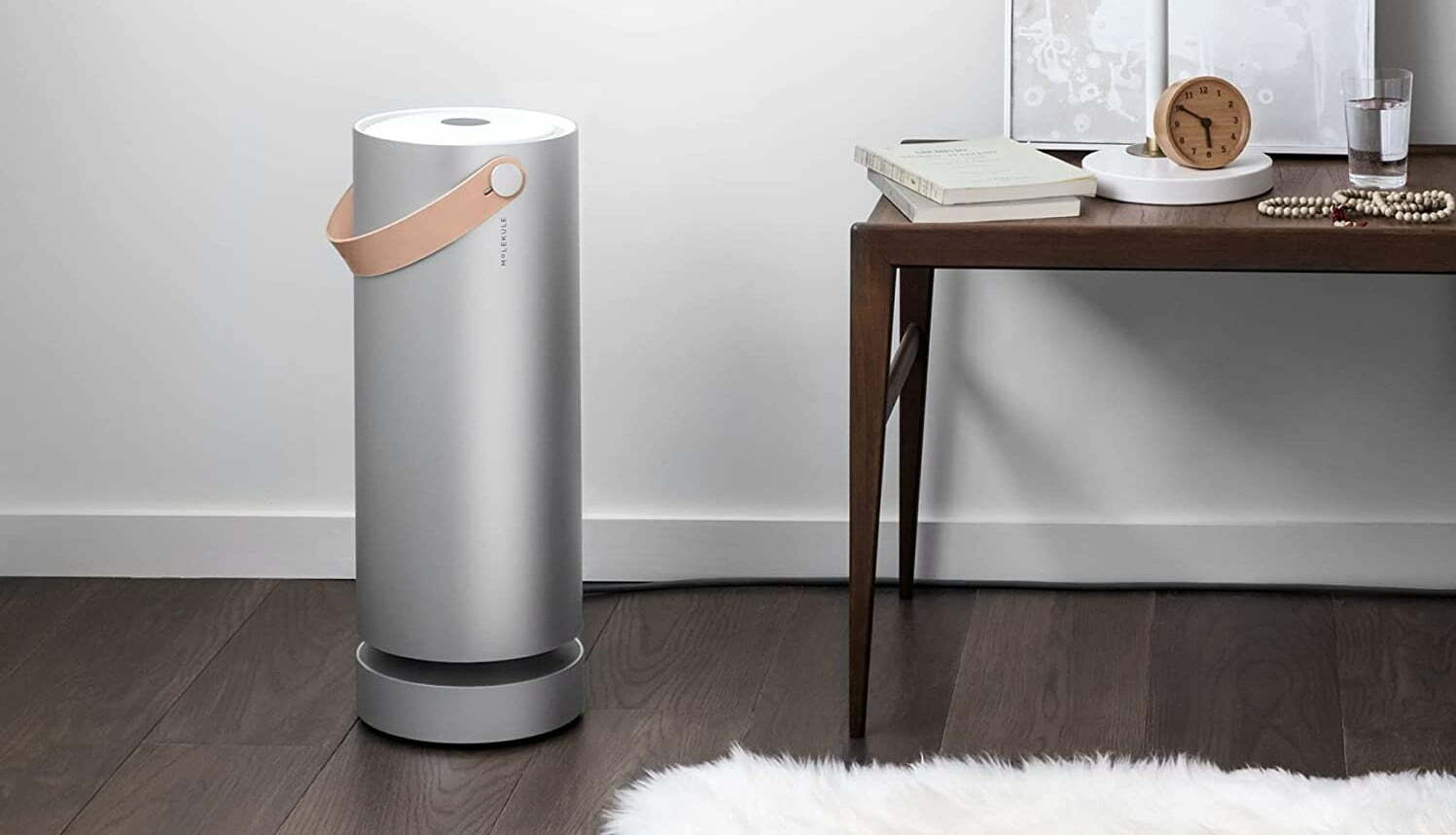
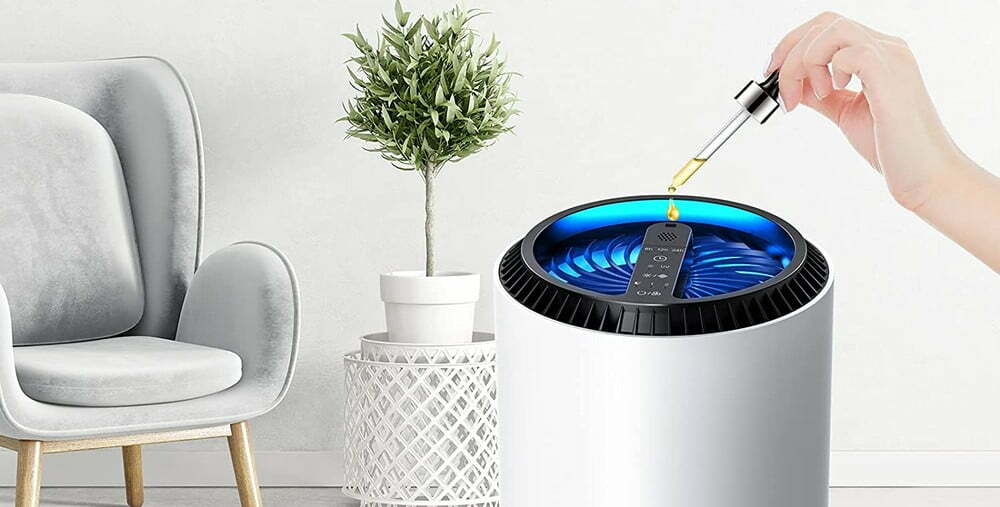
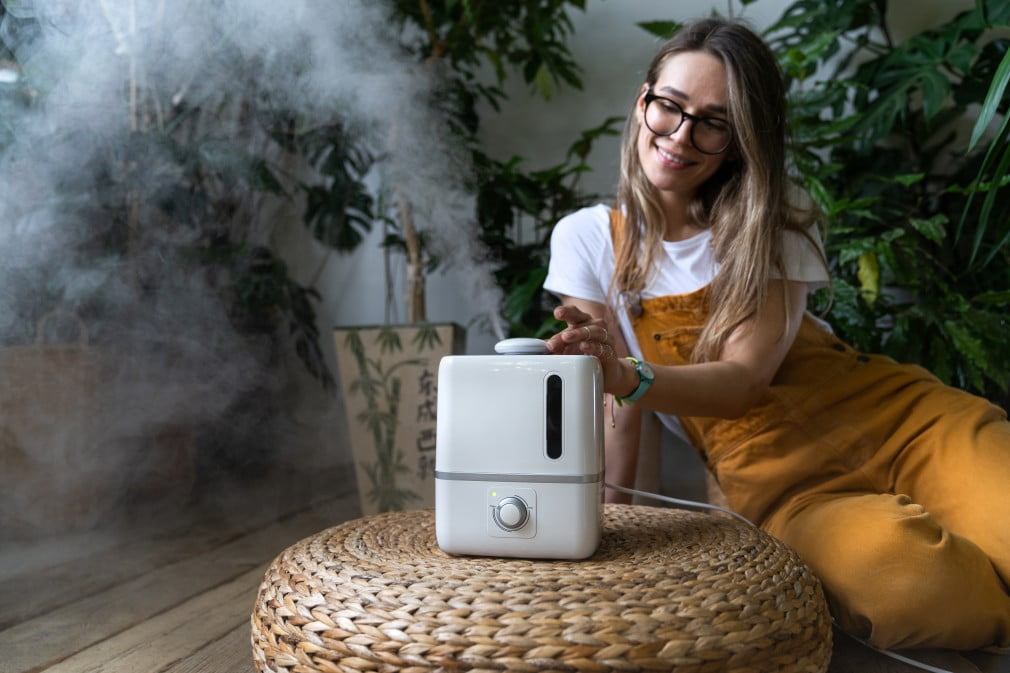
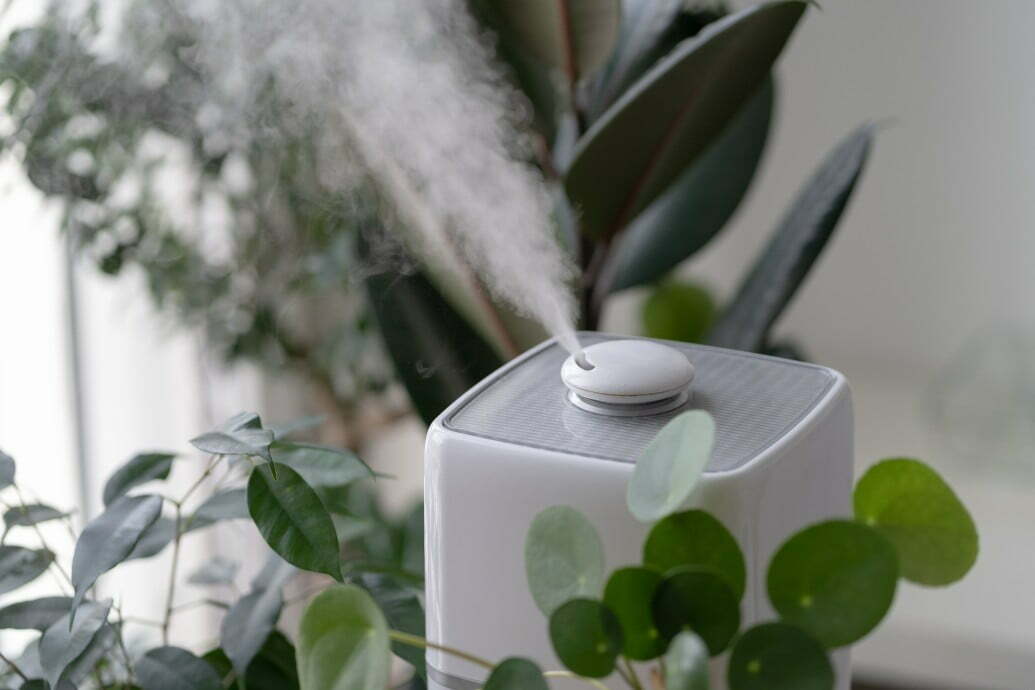
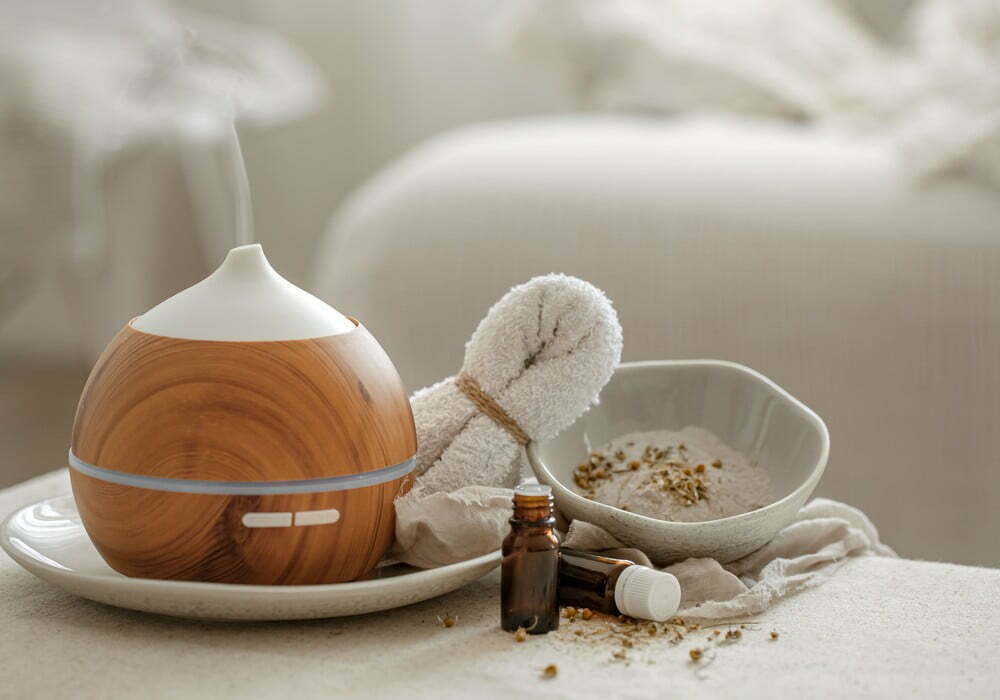
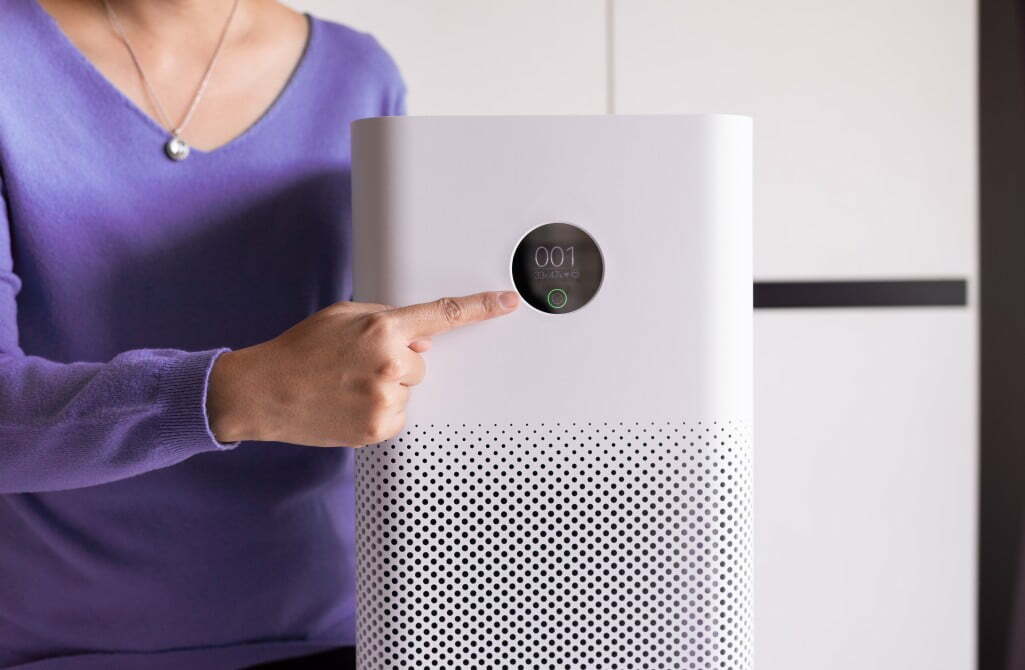
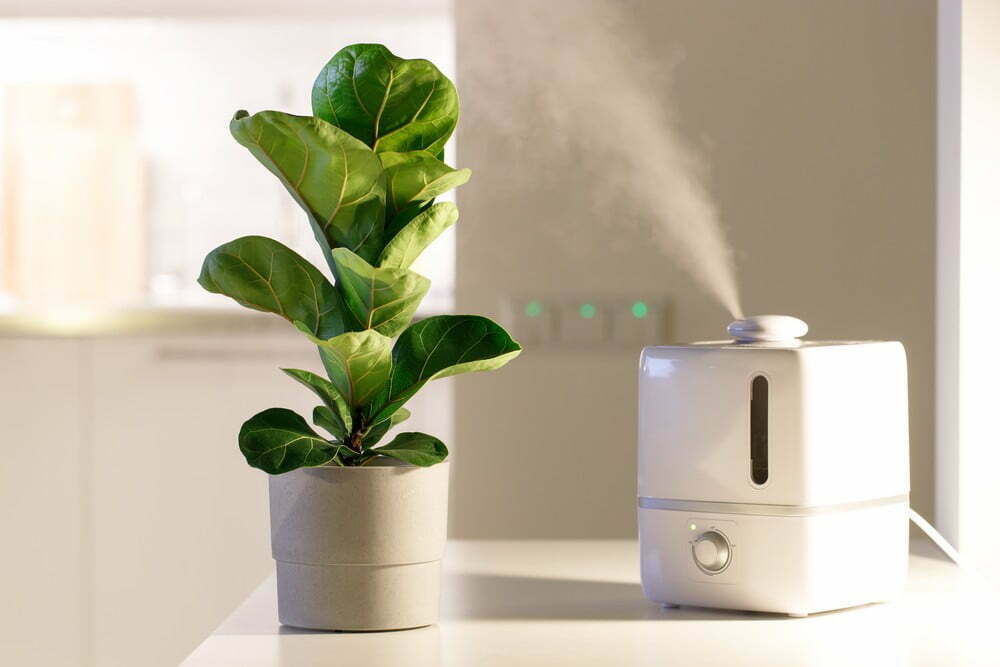

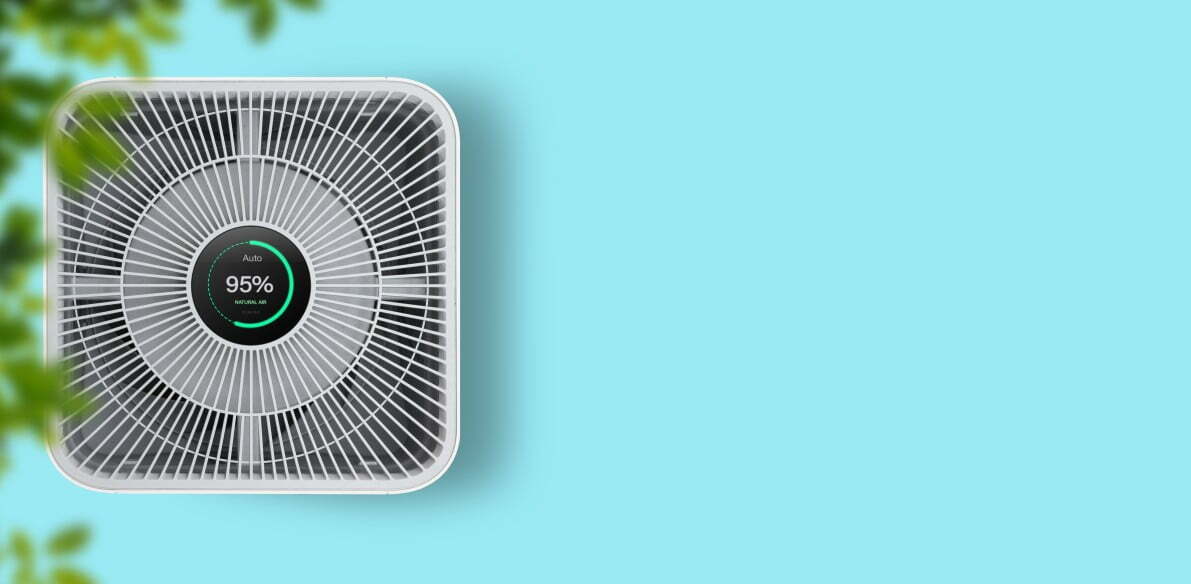
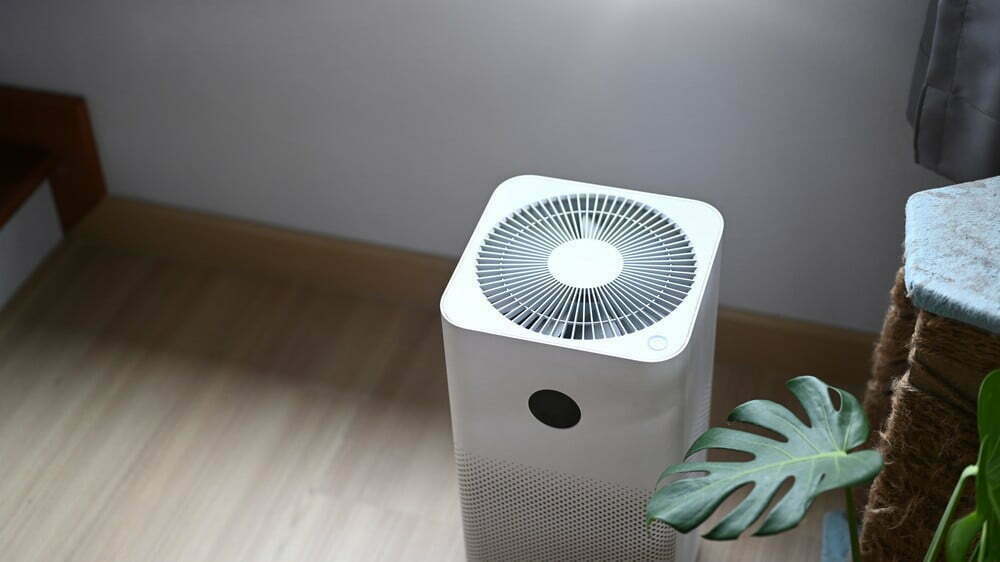
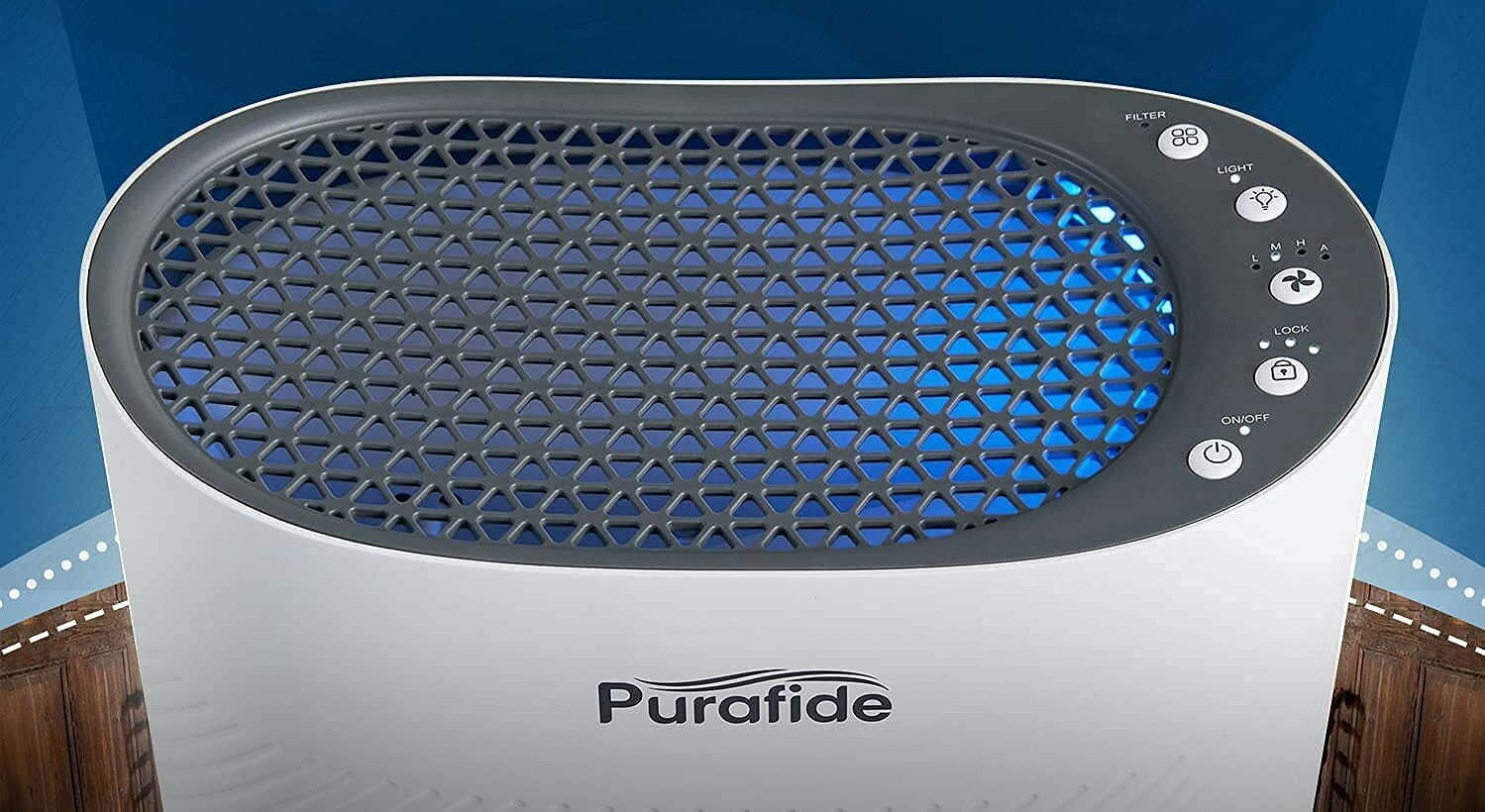
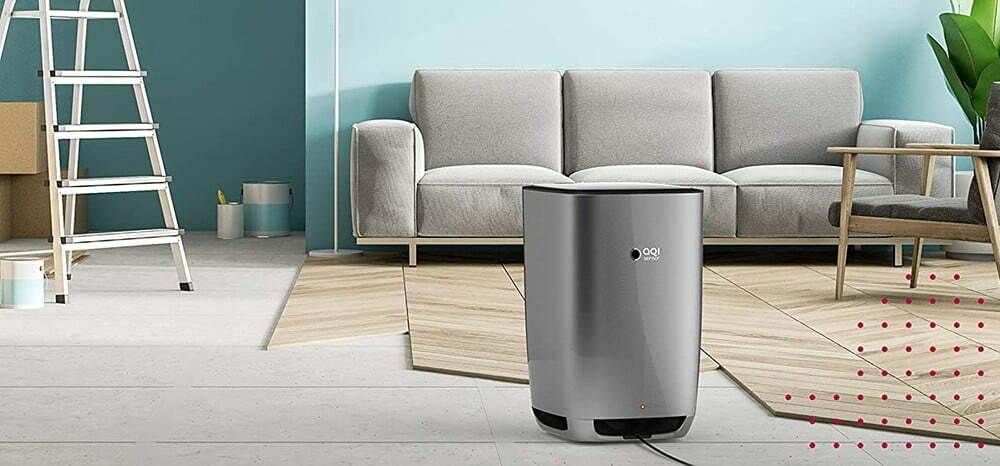
![Best Air Purifiers for VOCs and Formaldehyde in [year] 27 Best Air Purifiers for VOCs and Formaldehyde in 2026](https://www.gadgetreview.dev/wp-content/uploads/best-air-purifier-for-vocs-and-formaldehyde-image.jpg)
![Best Air Purifier in [year] ([month] Reviews) 28 Best Air Purifier in 2026 (January Reviews)](https://www.gadgetreview.dev/wp-content/uploads/Honeywell-True-HEPA-Allergen-Remover-HPA300-e1475603569442.jpg)
![Best Air Purifiers for Dust in [year] 29 Best Air Purifiers for Dust in 2026](https://www.gadgetreview.dev/wp-content/uploads/best-air-purifier-for-dust-image.jpg)
![Best Honeywell Air Purifiers in [year] 30 Best Honeywell Air Purifiers in 2026](https://www.gadgetreview.dev/wp-content/uploads/best-honeywell-air-purifier-image.jpg)
![Best Germicidal Air Purifiers in [year] 31 Best Germicidal Air Purifiers in 2026](https://www.gadgetreview.dev/wp-content/uploads/best-germicidal-air-purifier-image.jpg)
![Best Filterless Air Purifiers in [year] 32 Best Filterless Air Purifiers in 2026](https://www.gadgetreview.dev/wp-content/uploads/best-filterless-air-purifier-image.jpg)
![Best Levoit Air Purifiers in [year] 33 Best Levoit Air Purifiers in 2026](https://www.gadgetreview.dev/wp-content/uploads/best-levoit-air-purifier-image.jpg)
![Best Air Purifiers for Smoking Weed in [year] 34 Best Air Purifiers for Smoking Weed in 2026](https://www.gadgetreview.dev/wp-content/uploads/best-air-purifier-for-smoking-weed-image.jpg)
![Best Quiet Air Purifiers in [year] 35 Best Quiet Air Purifiers in 2026](https://www.gadgetreview.dev/wp-content/uploads/best-quiet-air-purifier-image.jpg)
![Best Desktop Air Purifiers in [year] 36 Best Desktop Air Purifiers in 2026](https://www.gadgetreview.dev/wp-content/uploads/best-desktop-air-purifier.jpg)
![Best Dyson Air Purifiers in [year] 37 Best Dyson Air Purifiers in 2026](https://www.gadgetreview.dev/wp-content/uploads/best-dyson-air-purifier.jpg)
![Best Air Purifiers for Dorm Room in [year] 38 Best Air Purifiers for Dorm Room in 2026](https://www.gadgetreview.dev/wp-content/uploads/air-purifier-for-dorm-room-1.jpg)
![Best Air Purifiers for Office in [year] 39 Best Air Purifiers for Office in 2026](https://www.gadgetreview.dev/wp-content/uploads/best-air-purifier-for-office.jpg)
![Best Air Purifiers for Basement in [year] 40 Best Air Purifiers for Basement in 2026](https://www.gadgetreview.dev/wp-content/uploads/best-air-purifier-for-basement.jpg)
![Best Air Purifiers For Odor in [year] 41 Best Air Purifiers For Odor in 2026](https://www.gadgetreview.dev/wp-content/uploads/best-air-purifier-odor.jpg)
![10 Best Personal Air Purifiers in [year] 42 10 Best Personal Air Purifiers in 2026](https://www.gadgetreview.dev/wp-content/uploads/best-personal-air-purifiers.jpg)
![10 Best Plug In Air Purifiers in [year] 43 10 Best Plug In Air Purifiers in 2026](https://www.gadgetreview.dev/wp-content/uploads/best-plug-in-air-purifier-image.jpg)
![10 Best Whole House Air Purifiers in [year] 44 10 Best Whole House Air Purifiers in 2026](https://www.gadgetreview.dev/wp-content/uploads/best-whole-house-air-purifier-image.jpg)
![10 Best Large Room Air Purifiers in [year] 45 10 Best Large Room Air Purifiers in 2026](https://www.gadgetreview.dev/wp-content/uploads/Coway-Airmega-200M-Large-Room-Air-Purifier-900x900-1.png)
![10 Best UV Air Purifiers in [year] 46 10 Best UV Air Purifiers in 2026](https://www.gadgetreview.dev/wp-content/uploads/best-uv-air-purifier.jpg)
